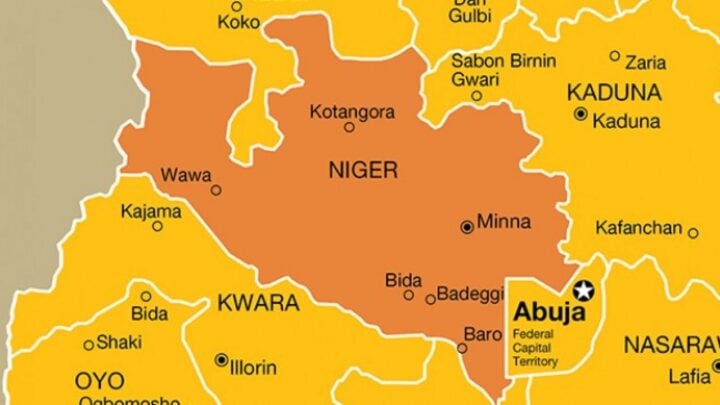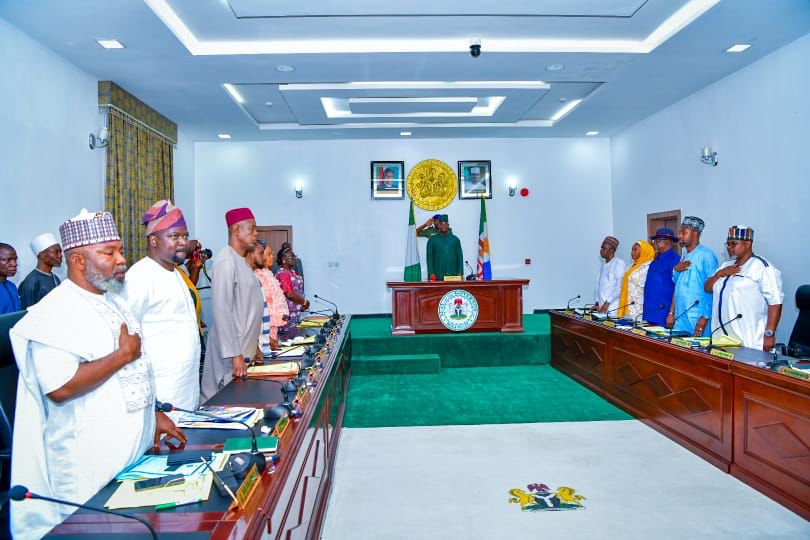The Niger house of assembly, on Thursday, issued an arrest warrant against Mamman Lafiya, commissioner for works in the state, over failure to appear before the house.
According to NAN, the lawmakers took the decision after the commissioner failed to appear before the house twice.
On October 4, the lawmakers were said to have sent an invitation to the commissioner to appear before the house on October 18.
The invitation was to enable the commissioner give reasons why collapsed roads in the state had not been repaired.
Advertisement
TheCable had earlier reported that the lawmakers gave the ministry of works 48 hours to commence repair of the Minna-Bida road.
The road, which collapsed as a result of heavy downpour and movement of heavy-duty trucks, had left commuters stranded.
During plenary on Thursday, Jibrin Baba, member representing Lavun constituency, asked the house to give the commissioner another opportunity to honour the invitation, while Andrew Jagaba, member representing Munya seconded the motion.
Advertisement
Ahmed Bello, member representing Agwara, however, moved a counter-motion, quoting section 129 of the 1999 constitution, and he urged the house to issue a warrant to compel the commissioner to appear before the house.
Shaba Gbara, member representing Mokwa, was said to have backed the motion.
Bello said section 129(1)(d) of the constitution allows the house “to issue a warrant to compel the attendance of any person who, after having been summoned to attend, fails, refuses or neglect to do so and does not excuse such failure, refusal or neglect to the satisfaction of the house”.
He also said the commissioner had failed to give the reason behind his absence from the house after sending him an invitation twice.
Advertisement
Bello then moved a motion for the house to issue an arrest warrant to bring the commissioner before the house in line with section 129(1)(d) of the 1999 constitution.
The motion was unanimously supported by the lawmakers.






